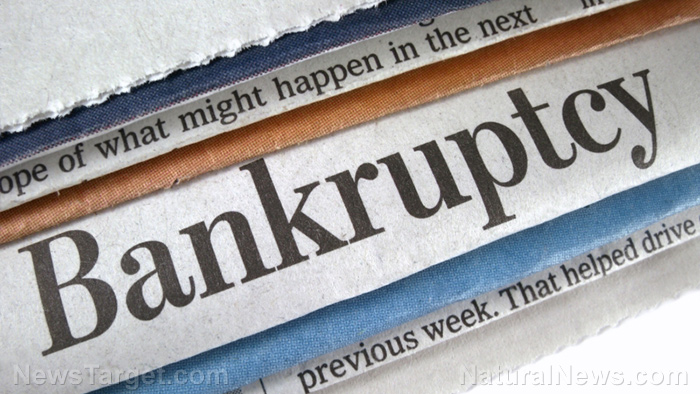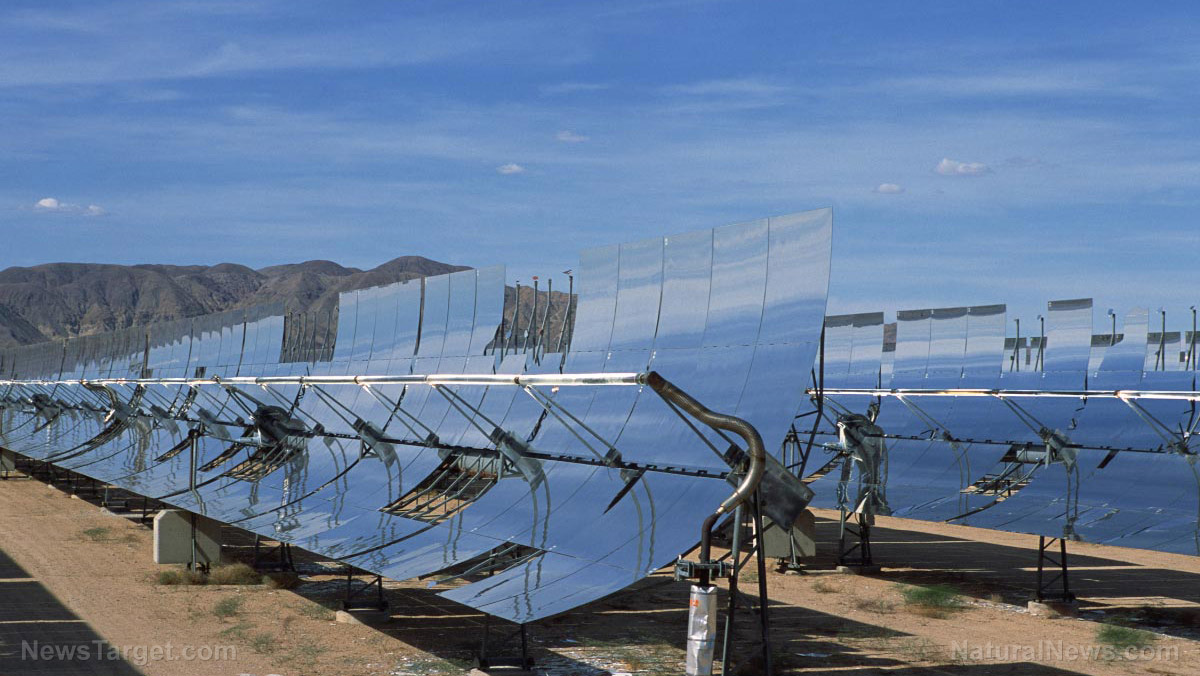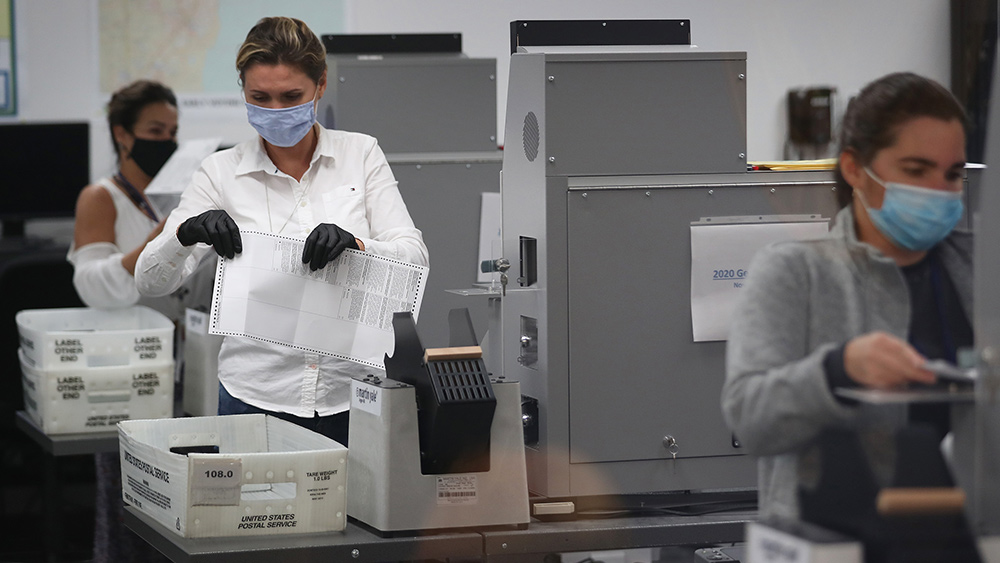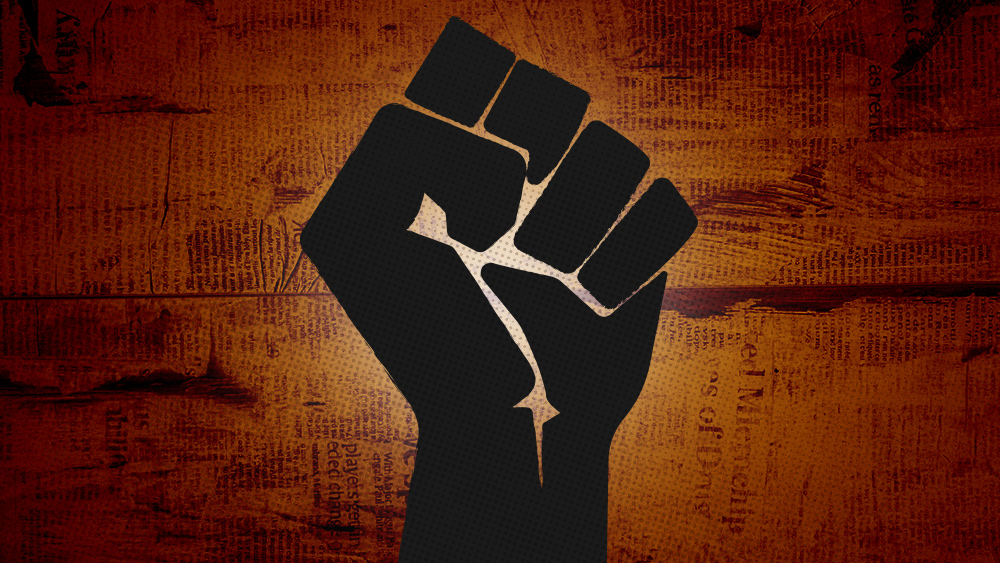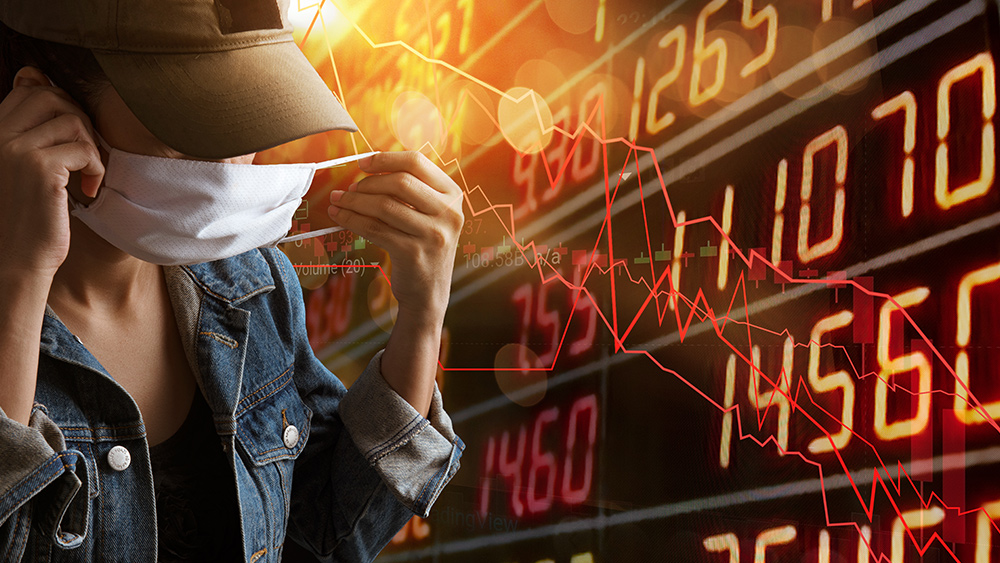
An in-house researcher at InfoWars has warned that the current economic crisis in Sri Lanka may be the bellwether of things to come. And it could be the first domino to fall in a series of collapses leading to total global collapse.
Sri Lanka has defaulted on its debt for the first time in its history as the country struggles with its worst financial crisis in more than 70 years. A 30-day grace period to come up with the $78 million of unpaid debt interest payments expired on May 25.
"We're going from talking about a relatively small country and people may feel that it's not directly relevant to their daily lives. But we all want operating smoke detectors in our bedrooms to warn us if there's fire outside. So, a warning from any other part of the world is always going to be relevant in some way or another," said the researcher, introduced only as Simon by host Harrison Smith, during the May 24 edition of "The American Journal."
Simon cited the last Asian financial and economic crisis that originated in 1997 as a reference point. "So it's really not that hard to think that, if things were going badly in Indonesia, and they were going badly in Thailand, and they were going badly in Malaysia, how that actually caused an economic crisis that was felt all the way around the world. This is history repeating itself, unfortunately," the researcher said
A term that could best describe the current occurrences is a "perfect storm," Smith said.
"We have the supply chain disruptions from COVID-19, the war in Ukraine. Countries like India are no longer exporting wheat products; Germany warns of brutal global hunger; the global food crisis is being blamed on Russia; wheat prices soar; and lower yields on soy and a number of other staple food products," said Smith, enumerating the current issues that affect the global economy.
What is happening in Sri Lanka now is real, widespread, massive and devastating human suffering on a huge scale. There is widespread political unrest and violence, schools are now closed, there are power shortages and fuel is running out. (Related: Sri Lanka on the brink of bankruptcy, faces food, fuel and medicine shortages.)
"And you may be able to ignore it and live in your comfort in America or Western Europe, wherever you are. But that's a luxury that we can't afford to assume is going to be here much longer. What's happening in Sri Lanka could very well happen the rest of the world over," Smith warned.
Globalists, governments ignoring the alarm sent by Sri Lanka crisis
Despite the warnings, analysts are wondering why globalists are ignoring the alarm being sent by the economic crisis in Sri Lanka.
The World Economic Forum recently held a meeting in Davos. The 75th World Health Assembly, meanwhile, was held in Geneva on May 22-28. President Biden also went to Japan and South Korea to bolster regional cooperation and to counter China.
"It seems like we're not hearing a lot about Sri Lanka. A Bloomberg article mentioned that Sri Lanka fell into default for the first time, but nobody in the mainstream media or politics in this country are really sounding the alarm on the way that they should. Is this willful ignorance that they don't want to have to deal with it? Or are they allowing this to happen on purpose?" Smith asked.
Incidentally, the International Monetary Fund (IMF) and Sri Lanka government are talking about a loan by mid-June so that it can then approach other lenders for urgently needed funds.
"The country will slash the budget expenditure to bare bones and hopes to break even or post a primary surplus of one percent of gross domestic product by 2025," Sri Lanka Prime Minister Ranil Wickremesinghe said in an interview on May 25.
The IMF is now drooling greedily at the idea that they can use this crisis to maybe get more control over countries, Smith pointed out.
Visit Collapse.News to read more on similar articles on global collapse.
Watch the full May 24 episode of "The American Journal" below.
The video is from the InfoWars channel on Brighteon.com.
More related stories:
Violent fuel shortage protests have begun in Sri Lanka.
Sources include:
Please contact us for more information.
















